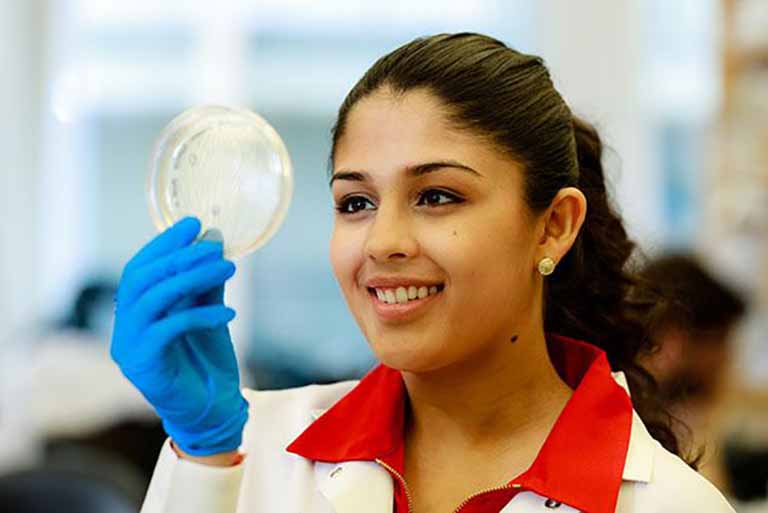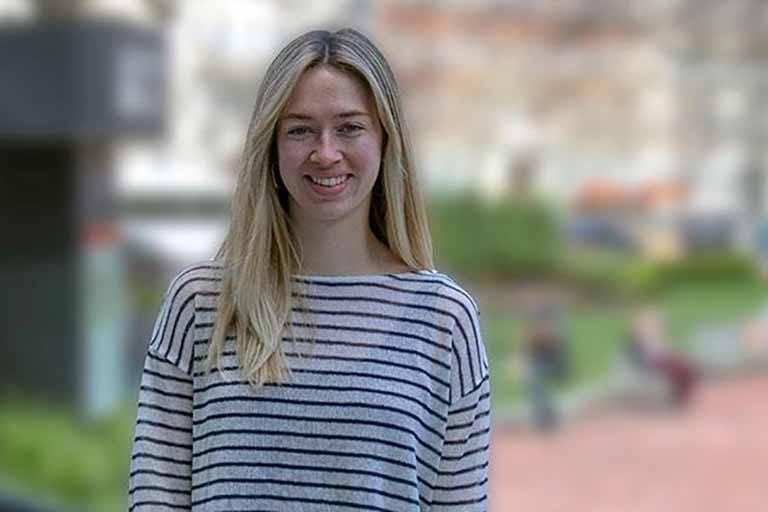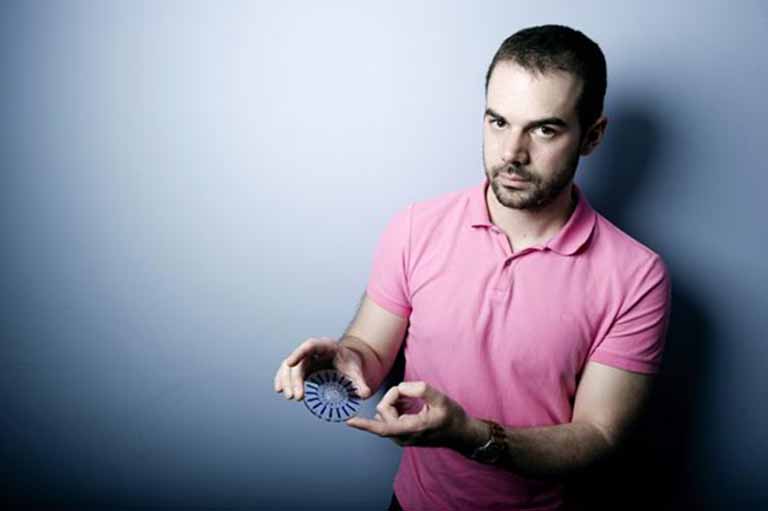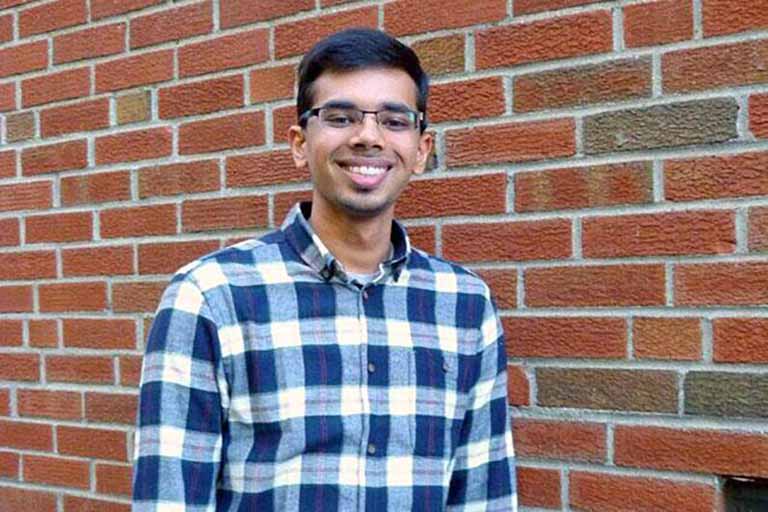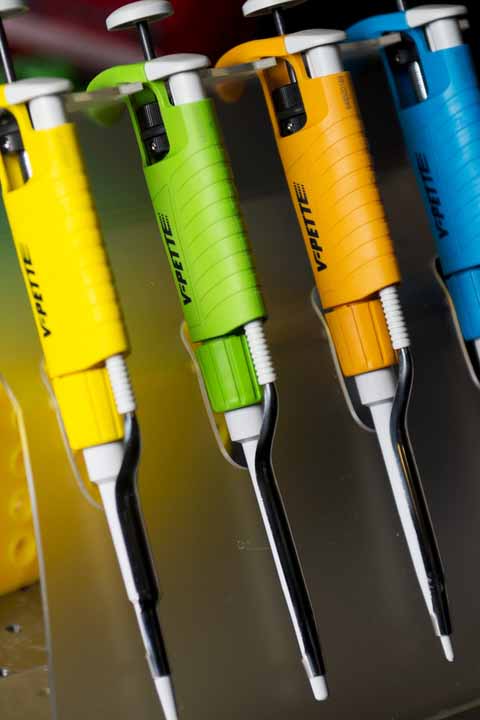
Academics
Offering BS, MS, and PhD Degrees
The Department of Bioengineering provides students with a broad appreciation of interdisciplinary research at the interface of biology, medicine and engineering, and the ability to undertake a highly-focused, quantitative approach to a particular problem. BS, MS, and PhD programs are offered, as are Accelerated Master’s Degree programs. Graduate students can also take a graduate certificate.
What is Bioengineering
Bioengineering is engineering in a biological context such as the human body, an ecosystem, or a bioreactor. In every case, the interface between engineered and biological systems place unique constraints on the design and implementation of devices, instruments or implants. These constraints depend on the properties of the biological system involved and the functionality that is being created.
Personalize Your Path
Students are able to personalize their path through electives and concentrations in our undergraduate and master’s programs, while the PhD program spans four core research areas for which the department has particular strengths: imaging, instrumentation and signal processing; biomechanics, biotransport, and mechanobiology; molecular, cell, and tissue engineering; and computational and systems biology. PhD course work is designed to strengthen student backgrounds in those areas most relevant to the interests of each student. programs. Candidates pursuing an MS or PhD are able to select thesis topics from a diverse range of faculty research.
Additionally, through our cooperative education program, students at all degree levels have the opportunity to gain industry and/or research experience in an area of interest to them. All students benefit from hands on project-based experience and have opportunity to work alongside faculty in their labs or research centers and institutes.
Undergraduate Education
Bioengineering is intrinsically multidisciplinary and it is essential that students learn the languages used by multidisciplinary teams. To that end, our undergraduate curriculum is structured around a core of six courses that analyze biological systems from every possible quantitative point of view. On completion of the core, students choose one of four concentrations, which provides the opportunity to develop a deep level of expertise in an area of great value to Bioengineering.
Graduate Education
The Department strives to create an atmosphere of innovation and creativity that fosters excellence in instruction and research and provides a foundation for programs that drive forward the cutting edge of knowledge while establishing translational collaborations with clinical and industrial researchers.
Students with backgrounds from biochemistry to computer science and many fields in between are attracted to bioengineering as a field with the potential to make a great impact on human health. The MS and PhD programs are designed to integrate students with very different backgrounds and provide them with the course work and research experience that will take advantage of their unique backgrounds and, where appropriate, fill in gaps in their backgrounds to help them grow into a more broadly informed student.
